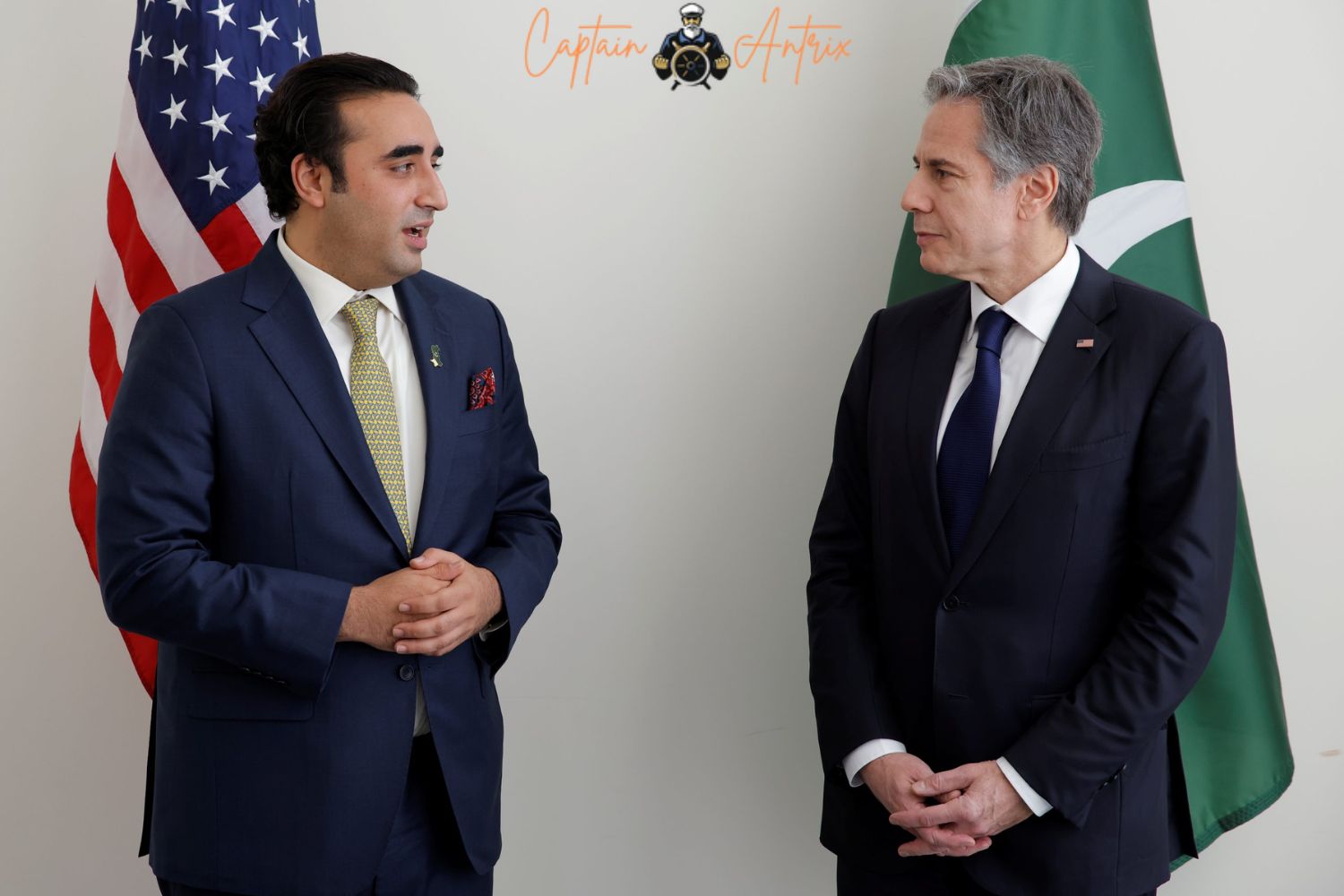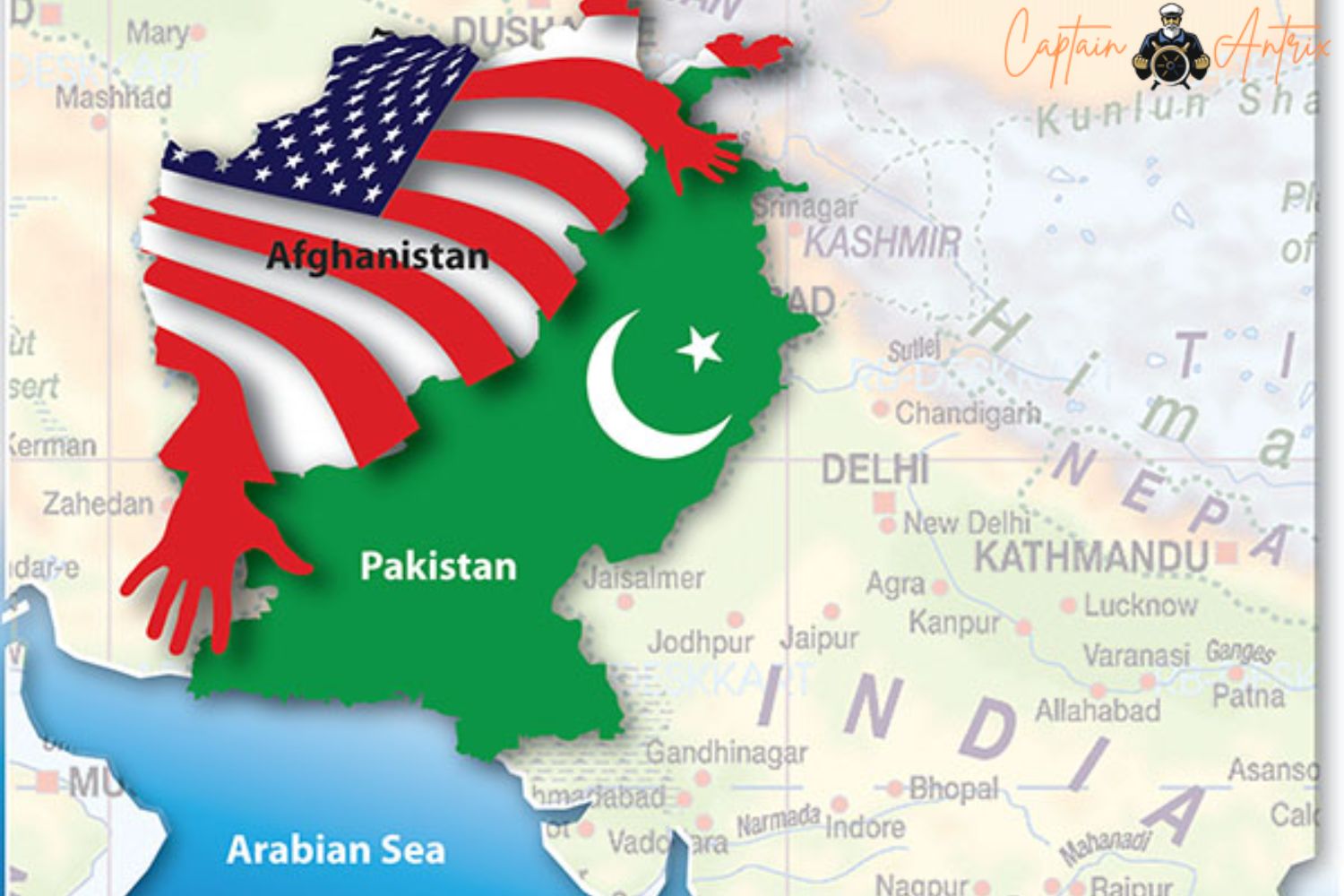
In a shocking revelation, a recent report published by The Intercept, a reputable American non-profit news organization, has shed light on a clandestine arms deal between Pakistan and the United States. This covert transaction appears to have played a pivotal role in securing a contentious bailout from the International Monetary Fund (IMF) earlier this year.
The arms sales were ostensibly conducted to supply the Ukrainian military, implicating Pakistan in a conflict where the United States had been applying considerable pressure for it to take a definitive stance.
This report unravels a rare glimpse into the intricate maneuverings that often transpire behind the scenes among financial and political elites. Such dealings are typically concealed from public scrutiny, even though the repercussions are borne by the public itself, as reported by ANI, citing The Intercept.
Pakistan found itself facing substantial protests in response to the stringent structural policy reforms demanded by the IMF, as conditions for the recent bailout package. Several strikes rocked the nation as citizens voiced their discontent. These protests are just the latest chapter in a year-and-a-half-long political crisis that has gripped the country.
With the encouragement of the United States, the Pakistani military played a significant role in orchestrating a vote of no confidence against Prime Minister Imran Khan in April 2022. Leading up to Khan's removal, U.S. State Department diplomats privately expressed their dissatisfaction to their Pakistani counterparts, lambasting Pakistan's perceived "aggressively neutral" stance on the Ukraine conflict during Khan's tenure. They issued stern warnings of dire consequences if Khan remained in power and promised forgiveness if he were removed. After Khan's ouster, Islamabad emerged as a valuable ally to the U.S. and its coalition in the ongoing war, a gesture that has now been reciprocated with an IMF loan, as reported by The Intercept.

Pakistan has long been recognized as a production hub for basic munitions essential for protracted warfare. While Ukraine grappled with chronic shortages of munitions and military hardware, there have been indications of Pakistani-produced shells and other ordnance in use by the Ukrainian military, as noted in open-source news reports about the conflict. However, neither the U.S. nor Pakistan has publicly acknowledged this arrangement.
Earlier this year, a Pakistani military source leaked records detailing the arms transactions. These documents delineate munitions sales agreed upon between the U.S. and Pakistan from the summer of 2022 to the spring of 2023, according to The Intercept.
To authenticate the legitimacy of these records, a meticulous process was undertaken. This involved matching the signature of an American brigadier general with his signature on publicly available mortgage records in the United States. It also included cross-referencing the Pakistani documents with corresponding American documents and reviewing previously undisclosed Pakistani disclosures of arms sales to the U.S., which had been posted by the State Bank of Pakistan.
The economic capital and political goodwill generated through these arms sales played a crucial role in securing the IMF bailout. Sources with knowledge of the arrangement have indicated that the U.S. State Department even involved the IMF in discussions regarding the undisclosed weapons deal, a fact confirmed by a related document.
In essence, this report unravels a complex web of political and financial interactions that, until now, remained hidden from the public eye. The implications of these covert dealings on international relations, particularly in the context of the Ukraine conflict and the IMF bailout, are likely to be subjects of ongoing scrutiny and discussion.
